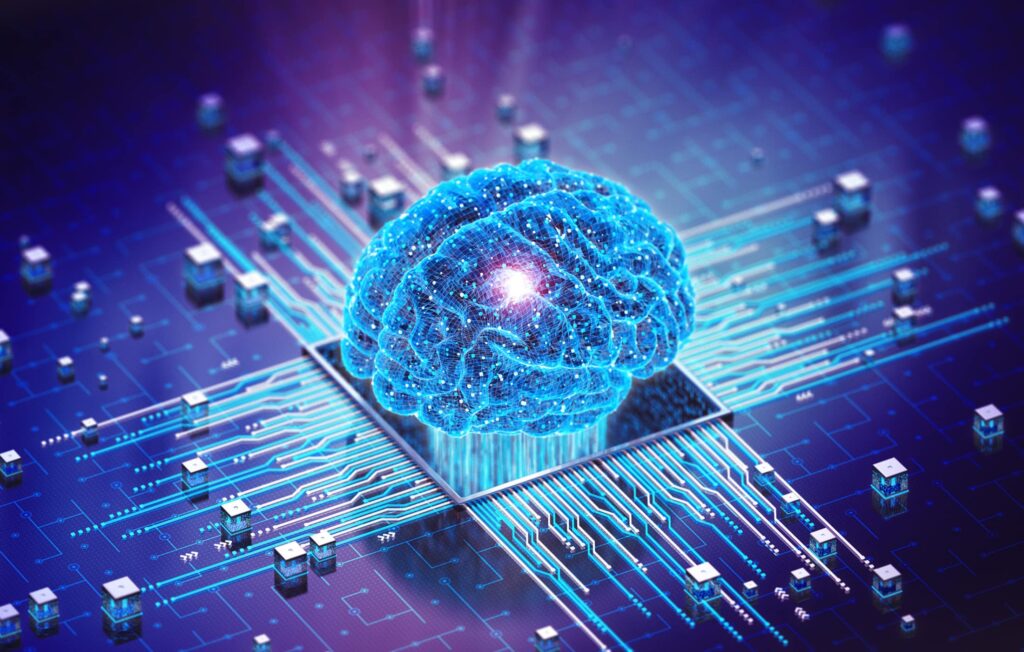How Quantum Computing is Powering the Next Generation of AI
Introduction
The convergence of Quantum Computing and Artificial Intelligence (AI) is poised to revolutionize the tech industry. Traditional AI relies on classical computing, which processes information sequentially. However, Quantum AI leverages the power of quantum mechanics to perform complex calculations at an unprecedented speed. Consequently, this fusion has the potential to accelerate machine learning, optimize AI models, and solve problems that are currently beyond classical computing capabilities.
Understanding Quantum Computing
Quantum computing differs significantly from classical computing by utilizing qubits instead of classical bits. While classical bits can be either 0 or 1, qubits exist in a state of superposition, meaning they can be both 0 and 1 simultaneously. Additionally, the concept of quantum entanglement allows qubits to be interconnected, exponentially increasing computational power.
Key Features of Quantum Computing:
- Superposition: Enables simultaneous calculations, vastly improving processing speed.
- Entanglement: Allows qubits to work together, solving complex problems more efficiently.
- Quantum Parallelism: Reduces the time required for large-scale computations.
Learn more about Quantum Computing

How Quantum Computing Enhances AI
AI and machine learning rely on vast amounts of data and computations. Traditional computers struggle with large-scale AI problems due to processing limitations. Therefore, quantum computing offers a breakthrough by speeding up AI training models, optimizing complex algorithms, and improving decision-making capabilities.
1. Faster Machine Learning Training
Quantum computers can process and analyze massive datasets at lightning speeds. As a result, machine learning algorithms that take weeks or months to train on classical computers could be trained in a matter of hours using quantum computing.
Read about Google’s Quantum AI
2. Enhanced Optimization Algorithms
AI models rely on optimization techniques for tasks such as pattern recognition, predictive analytics, and neural network training. Since quantum computing provides exponential improvements in optimization, it leads to more efficient and accurate AI models.
3. Improved Natural Language Processing (NLP)
Quantum AI can significantly enhance NLP applications like chatbots, voice assistants, and real-time translation. By processing vast linguistic datasets simultaneously, AI can achieve human-like language understanding with higher accuracy.
Explore IBM’s Quantum NLP Research
4. Revolutionizing AI in Healthcare and Drug Discovery
Quantum AI is being used in drug discovery and medical research to analyze genetic data, predict diseases, and develop new treatments at an unprecedented pace. Consequently, this could lead to faster drug development and personalized medicine.
How Quantum AI is transforming Healthcare
Real-World Applications of Quantum AI
Several tech giants and research institutions are investing in Quantum AI to transform industries:
- Google’s Quantum AI Lab: Working on quantum supremacy to solve AI problems faster than classical computers.
Visit Google Quantum AI - IBM Quantum: Developing quantum solutions to optimize AI algorithms and enhance cybersecurity.
Explore IBM Quantum - Microsoft Azure Quantum: Offering cloud-based quantum computing to integrate with AI applications.
Learn about Azure Quantum - D-Wave Quantum Systems: Focusing on real-world AI optimization problems using quantum annealing.
Check out D-Wave Quantum
Challenges and Future of Quantum AI
Despite its potential, Quantum AI faces challenges, including:
- Hardware Limitations: Quantum computers are still in the early stages of development.
- Error Correction: Quantum computing is prone to errors due to quantum decoherence.
- Cost & Scalability: Building and maintaining quantum computers is expensive.
Nevertheless, with continuous advancements in quantum technology, we can expect commercially viable Quantum AI solutions within the next decade.
Conclusion
Quantum AI represents the future of computing and artificial intelligence. By leveraging quantum mechanics, AI systems can achieve unprecedented speed, accuracy, and efficiency. While challenges remain, the ongoing development in quantum computing, AI, and machine learning will shape a new era of technological breakthroughs. Therefore, businesses, researchers, and developers must prepare for this quantum-driven revolution.
Are You Ready for the Quantum AI Future?
Stay updated with the latest advancements in Quantum AI and explore how it can revolutionize your industry! 🚀